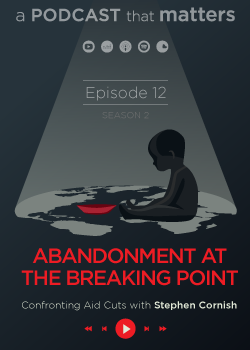Print

Protest as a Democracy Test: Protest Culture under Transformation and as a Transformative Power: ProTest
Details
Locations:Georgia, Germany, Hungary, Italy, Poland, Portugal, Romania, Spain, Sweden
Start Date:Jan 1, 2025
End Date:Dec 31, 2027
Contract value: EUR 2,737,955
Sectors: Culture, Democratization
Description
Programme(s)
HORIZON.2.2 - Culture, creativity and inclusive society MAIN PROGRAMME
HORIZON.2.2.1 - Democracy and Governance
Topic(s): HORIZON-CL2-2024-DEMOCRACY-01-01 - Protest politics and cultures of opposition in democracy
Call for proposal: HORIZON-CL2-2024-DEMOCRACY-01
Funding Scheme: HORIZON-RIA - HORIZON Research and Innovation Actions
Grant agreement ID: 101177963
Objective
There is a steady trend of global democratic decline (de-democratization), transforming political opportunity structures and creating new knowledge gaps about how protest cultures evolve and adapt to changing contexts. Addressing this gap, the project's aim is twofold: First, to reveal whether and how ongoing de-democratization processes affect patterns of protest culture and how these effects vary according to democracy (consolidated, new and developing); second, to trace whether and how affected patterns of protest culture influence the state of democracy in target countries, by focusing on representation as inclusion of citizen preferences in political agendas. Research findings will shed light on two dimensions of protest culture, particularly its internal capacity and its external constraints. This will be done via analyzing historical contexts of variations in protest cultures across different types of democracy, factors intersecting to trigger or shape pro-democratic/anti-democratic protests, political elite manipulation of legal and discursive frames to curtail public discontent, role of traditional and social media creating opportunities or obstacles for actors engaged in contentious politics, generational differences in perceptions of and participation patterns in protest culture, and finally, influence of protest culture itself on the state of democracy through representation as an outcome of civic participation. The interdisciplinary project relies on methodological pluralism and integrates: desk research and legal analysis, biographical narrative interviews and focus groups, quantitative and qualitative content analysis, critical discourse analysis and visual analysis, network analysis for mapping actor-discourse coalitions, and Q methodology. The project responds to the work program “Culture, Creativity and Inclusive Society” by addressing (un)conventional citizen participation for better representation in different cultural and democratic settings.

